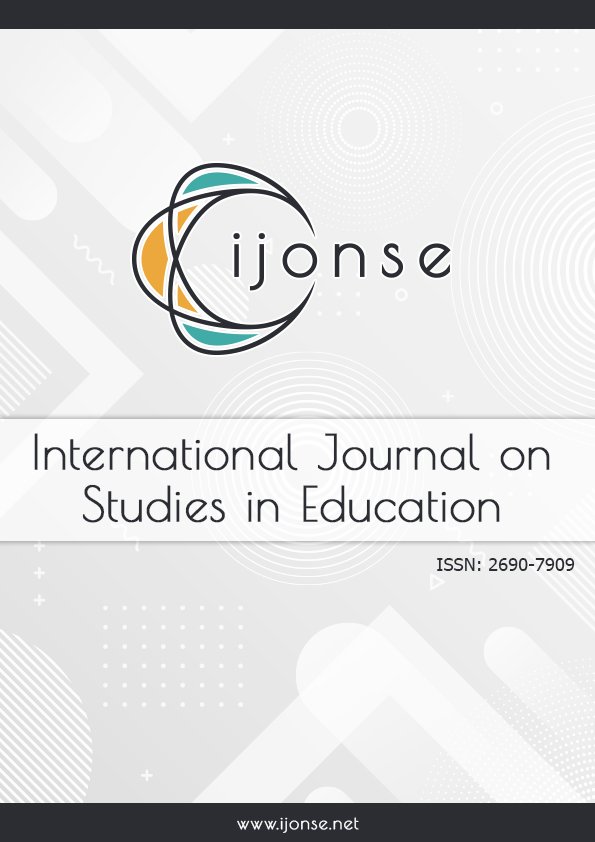Effectiveness of Metacognitive Instruction on Students’ Science Learning Achievement: A Meta-Analysis
DOI:
https://doi.org/10.46328/ijonse.50Keywords:
Metacognition, Science instruction, Learning achievement, Meta-analysis, Effect sizeAbstract
This study examined the effectiveness of metacognitive instruction on science learning achievement using a meta-analytic procedure. Statistical analyses were performed using the software Comprehensive Meta-Analysis (CMA) Version 3 developed by Biostat, Inc. Based on the findings, the overall effect size (ES=0.808) revealed that the use and integration of metacognition in science instruction has a significantly large and positive effect on student learning achievement. Moderator analysis showed that there was a significant difference in the effect sizes of the individual studies when grouped according to the student’s level of education and the scientific disciplines being studied. However, the obtained positive and large effect sizes suggested that the use and integration of metacognition can be effectively implemented whether students are in the elementary, secondary or tertiary level, be it Biological or Physical Science. Moreover, the metacognitive strategies employed by individual studies are mostly found to be integrated with ICT mainly metacognitive prompts; other practices were student-led metacognitive discussions, concept mapping, metacognitive writing, and metacognitive practice and training. This result establishes the effectiveness of the use and integration of different metacognitive strategies to improve student learning. Thus, science teachers must be equipped with pedagogical knowledge on the implementation and integration of metacognition in classroom instruction.References
Antonio, R. P. & Prudente, M. S. (2022). Effectiveness of metacognitive instruction on students’ science learning achievement: A meta-analysis. International Journal on Studies in Education (IJonSE), 4(1), 43-54. https://doi.org/10.46328/ijonse.50
Downloads
Published
Issue
Section
License
Articles may be used for research, teaching, and private study purposes. Authors alone are responsible for the contents of their articles. The journal owns the copyright of the articles. The publisher shall not be liable for any loss, actions, claims, proceedings, demand, or costs or damages whatsoever or howsoever caused arising directly or indirectly in connection with or arising out of the use of the research material.
The author(s) of a manuscript agree that if the manuscript is accepted for publication in the International Journal on Studies in Education (IJonSE), the published article will be copyrighted using a Creative Commons “Attribution 4.0 International” license. This license allows others to freely copy, distribute, and display the copyrighted work, and derivative works based upon it, under certain specified conditions.
Authors are responsible for obtaining written permission to include any images or artwork for which they do not hold copyright in their articles, or to adapt any such images or artwork for inclusion in their articles. The copyright holder must be made explicitly aware that the image(s) or artwork will be made freely available online as part of the article under a Creative Commons “Attribution 4.0 International” license.

This work is licensed under a Creative Commons Attribution-NonCommercial-ShareAlike 4.0 International License.





